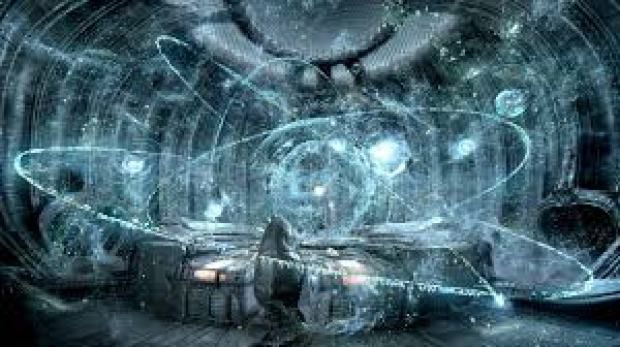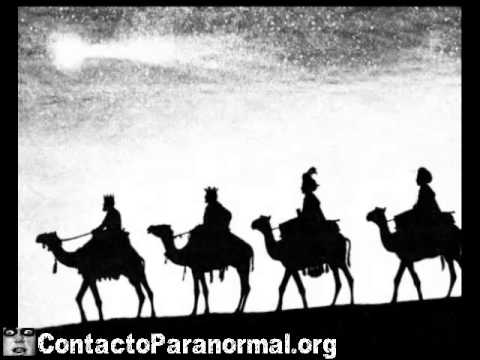Genres of Science Fiction


There are only two varieties of Science Fiction.
Yes, I know.
Wikipedia lists forty-seven varieties of Science Fiction genres, from “Afro-futurism” to “Weird Western.”
It is confusing, to state the obvious. From a Feghoot, something of a shaggy dog story ending in a pun, to Mathematical, like Flatland, to Decopunk, there seems to have been a profligate multiplication of designations, all appearing more descriptive than defining. A naïve editor would be hard pressed to categorize a work as Mundane Science Fiction versus Noir Science Fiction accurately.
As a confession, of sorts, I was trying to get Amazon to create a genre “Political Science Fiction” for those works with a paucity of golly-gee whiz-bang elements but rather more of the political and social aspects of society. Into this new genre, I was urging placement of Brave New World and 1984, along with, not surprisingly perhaps, my own Outland Exile: Book One of Old Men and Infidels. Each has a degree of speculative technology, respectively: surveillance tech and perpetual world war; and flying-cars, reproductive-tech and recreational drug use. My own concession to future tech was a “pulse” weapon, necessary for the climactic battle and incidentally useful as an ice-melter. The rest of the OE-tech (surrogate pregnancies, depot contraception, brain ablation zombies, and chimera production) while not common, is possible. If Amazon had agreed, I would have been in wonderful company!
Amazon, in its greater wisdom, did not.
Fortunately, several critics in their reviews have agreed with me, describing OE as a cross between BNW and 1984.
Outland Exile languishes in the “hard,” dystopian,” and “military” Sci-Fi categories. I find the lumping with other genres prompts some people to disregard it because of dislike of the genre, especially the “dystopian.”
“Dystopian,” unfortunately has become a Young Adult and New Adult genre. The trope is: birthed into a horrible world with ineffectual, absent, or intolerant parents, the plucky, young, (and very frequently female) protagonist strives against a society not of her making to win through, in the end, gaining new insight into herself while saving those she has come to love.
Sound familiar?
I tried very hard to turn that on its ear with OE and the whole OMAI series. My teenage heroine is actually middle-aged. She is perfectly copacetic with her society and has never been burdened, she thinks, with parents.
But in another way, I think that science fiction really only comes in but two flavors: Fantasy and Alternative.
SF-fantasy: Speculates a society of plenty. There is usually faster-than-light travel. The two things sort of cancel each other out. They become FTL adventure-fantasy stories where the next challenge is just on the next planet. Slimy space aliens and ray guns abound. Man-Kzin Wars (Anderson, Niven, Ing), Gor series (Norman), and the whole Star Wars franchise fits nicely into this genre. One could imagine each of these being worked out with alternate villains, dangers, and locations in the byzantine world of 12th century Europe on a much lower budget. Enjoyable if not taxing!
SF-Alternate: Speculates a society of want. It answers the question of “what if.” What if we could travel back in time? (Timeline by Crichton) What if we found a new epidemic (Scarlet Plague by London)? What if the socialism triumphed (1984 by Orwell)?
What is absent, generally, is an inscrutable or unrecognizable distant-future, extreme technology, and inscrutable social forces. Speculation is what this genre is about. What if? This includes much of what is called dystopian, no doubt, because if one said “… And everyone lived happily ever after” it would not sell well. Dystopian presumes that something went wonky … and now somebody has to fix it. Star Trek is more this style, despite the culture of plenty and the FLT. Each episode is a mini-“what if.” “What if we met improbable rock-people?” “What is the nature of sentient life?” And et cetera.
Conflict comes with want. Fantasy comes with plenty
I have no doubt that Sci-Fi editors will rise up en masse and to a man ignore this plea to simplify the genres just as Amazon ignored my attempt to add a new genre.
‹ Back








Comments